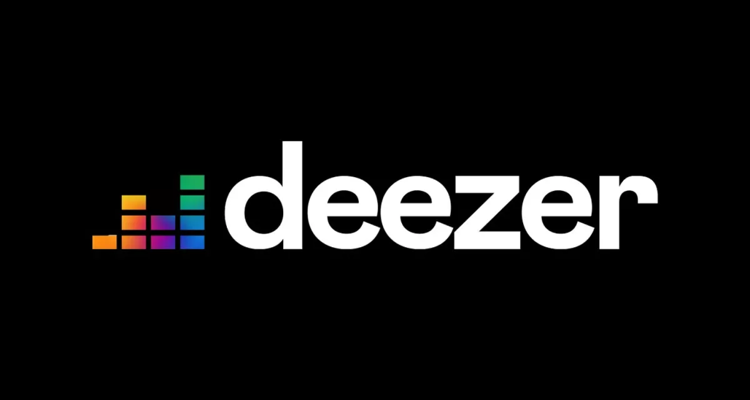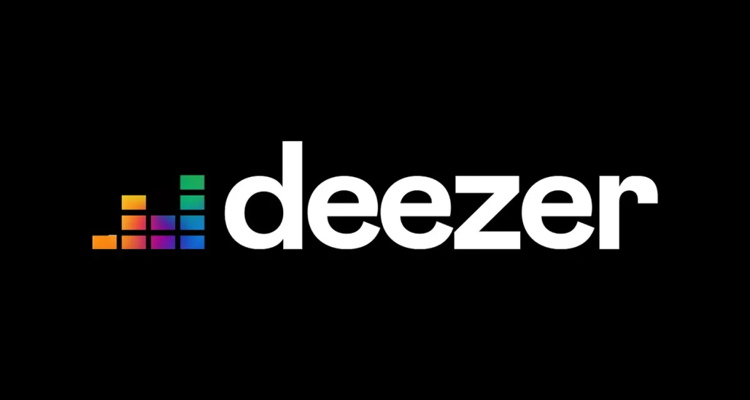
Photo Credit: Deezer
About two weeks ago, during his company’s Q4 2022 earnings call, Universal Music Group (UMG) head Lucian Grainge disclosed a streaming-reform partnership with Deezer. Now, the major label and the Access Industries-owned platform have formally announced their tie-up.
Universal Music (which just recently purchased Hyperion Records) and Deezer (which in February unveiled a long-term Sonos Radio agreement) confirmed the streaming-focused collaboration this morning. For reference, Grainge kicked off 2023 by calling out the industry’s “bad actors” and bluntly declaring “that the economic model for streaming needs to evolve.”
Then, UMG and Tidal at February’s start revealed that they would work together “to explore an innovative new economic model for music streaming,” and the Block-owned service pulled the plug on its Direct Artist Payouts program soon thereafter. Meanwhile, upon indicating that Deezer had joined the effort, Grainge likewise communicated that the envisioned economic model could extend to non-streaming platforms as well.
Though the precise details of this retooled streaming approach remain to be seen, Deezer is also coordinating with Universal Music “to investigate potential new economic models for music streaming that more fully recognize the value artists create.”
As with UMG’s announcement of the Tidal deal, the formal release pertaining to Deezer’s artist-centric pact is relatively light on specifics, reiterating that the involved companies are working “to develop new methods that holistically reward recording artists and songwriters for the value they create.”
“With a foundation in deep data analysis,” the text continues, “the partnership will look at the benefits and evaluate the viability of different economic models aimed at driving subscriber growth, forging stronger bonds with music fans on the platform and developing commercial opportunities that benefit artists and the broader music community.”
Furthermore, the initiative is poised to “explore ways in which artists at every point in their careers and from every genre and geography can more fully benefit commercially from streaming,” according to the businesses. And in a statement, Deezer CEO Jeronimo Folgueira criticized the existing streaming-compensation system’s “clear issues.”
“The current system has clear issues that need to be addressed, such as increasing amounts of non-music tracks uploaded on platforms, poor quality covers with misspelt artists’ names and songs to ‘steal’ streams, and people trying to trick the system with the length of tracks,” elaborated Folgueira, whose company is looking to achieve significant revenue growth and “positive adjusted EBITDA” by 2025’s end.
“This hurts true artists, makes it harder for new ones to emerge and also damages the fan experience. … Music is extremely undervalued today and as part of the artist-centric discussion we are keen to find additional ways of increasing monetization, to the benefit of real artists, the labels and platforms like Deezer,” continued Folgueira, who’s served as CEO of the publicly traded business for about two years.
And in comments of his own, UMG EVP and chief digital officer Michael Nash stressed that “there won’t be one uniform quick fix,” because “subscriber acquisition and retention dynamics and metrics vary by platform.”
Of course, Universal Music hasn’t yet announced a streaming-reform agreement with Spotify, which is rapidly expanding its Discovery Mode offering to indie artists. The major labels have reportedly opted against using Discovery Mode – through which Spotify promotes releases in exchange for a cut of the resulting plays’ royalties – altogether.

